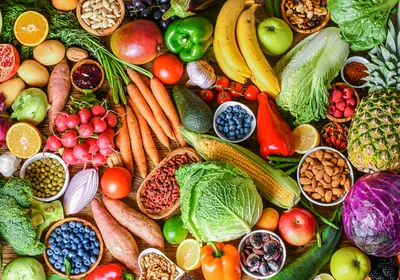Courtesy of Peter Nilsson
Instead of testing each tissue sample on its own slide, the protein profiling is done using tissue microarrays generated by assembling large number of patient biopsies onto a single glass slide.
In the largest project of its kind, Swedish scientists are studying normal and cancerous tissues to discover not only the location and abundance of all human proteins, but also how these are affected by disease states. "We want to make a comprehensive protein atlas for every protein," says project leader Mathias Uhlen of the Royal Institute of Technology in Stockholm. "My vision is that we will have a complete atlas in 10 years."
The team is using fluorescent antibodies to localize each protein with high-resolution imaging. The pictures they take are sharp enough to see where the protein resides within each cell, and also to estimate its abundance. "You can use the computer as a ...


















